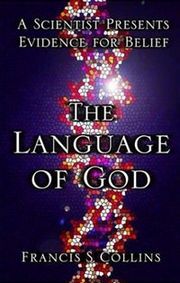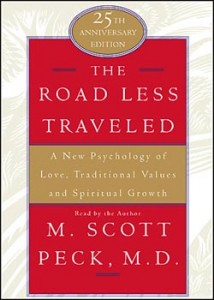 If you could only read one love story, you should read A Severe Mercy. The book is the journey of Sheldon and Davy Vanauken, through romance, courtship, marriage, infidelity, agnosticism, faith, and eventually death. The book is best known for containing the author’s correspondance with C.S. Lewis on issues of faith and death.
If you could only read one love story, you should read A Severe Mercy. The book is the journey of Sheldon and Davy Vanauken, through romance, courtship, marriage, infidelity, agnosticism, faith, and eventually death. The book is best known for containing the author’s correspondance with C.S. Lewis on issues of faith and death.
The book begins with the couple’s meeting and romance in an ivy league college. They define themselves as “high pagans,” seeking after the higher virtues of classical culture. They believed that they could keep the “in love” feeling that couples experience early on when they share everything. They share the details of their days, passionately explore the other’s interests, and even sail around the world together. The uniqueness of their romance inspires Lewis’s words, and the title “A Severe Mercy.”
Unfortunately, Jesus messes this up. As honest agnostics and intellectuals, they decide that someday they must look into the claims of Christianity. When they move to Oxford they encounter intellectuals who also follow Christ, and they begin their investigation. This result is a correspondance and friendship with C.S. Lewis, who helps personalize much that he his books discuss. They both experience conversion, but their endless romance is never the same. Vanauken candidly explains the strains this new faith took on their marriage, and how it took death to rebuild their relationship.
Much of the book grapples the illness and death of Davy, and how their new faith was affected. Fascinatingly, the correspondence includes letters both before and after Lewis’s own experience with burying a wife.
It’s hard to capture in a blog post the beautiful, thought provoking and heart wrenching nature of this book. It presents a picture of how faith can be intellectual, how romance can be meaningful, and how death can be accepted. It is the story of a life well lived, and a love worth emulating.












 Tweets
Tweets